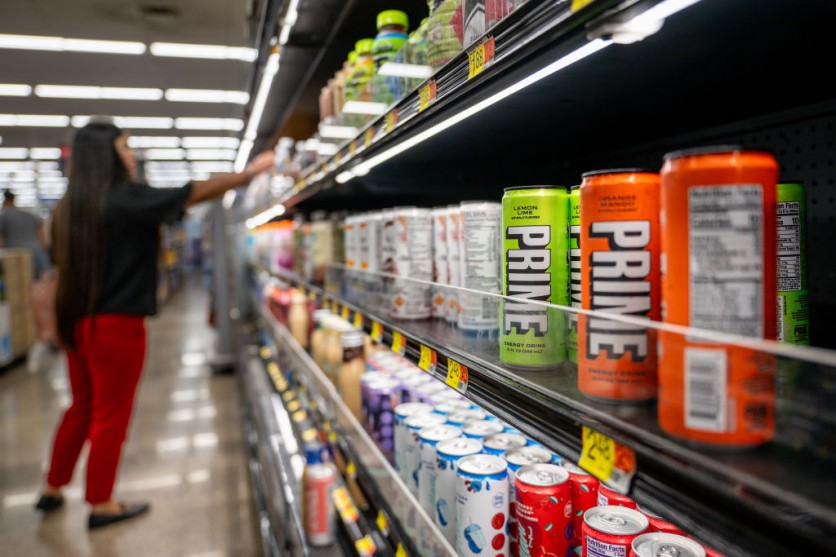
Energy drinks have become popular in recent years with over 30% of people between ages 12 and 17 frequently consuming such beverages in the US. However, a recent systematic analysis that includes 57 papers published between January 2016 and July 2022 identifies the possible risks connected to consuming excessive amounts of energy drinks, particularly for individuals under the age of 21.
The new study determined the adverse effects of energy drinks on the mental and physical health of both male and female teens who regularly consume such beverages, such as short sleep duration, poor quality of sleep, low academic performance, and increased risk of committing suicide, depression, panic disorders anxiety disorders, according to the report from Healthline.
Health experts suggest that teenagers may turn to energy drinks as a coping mechanism, symbolizing a quest for external sources to fill perceived voids. Some consume these beverages to enhance academic performance, while others do so for social acceptance.
(Photo : Brandon Bell/Getty Images)
PRIME energy drinks are seen on shelves at a Walmart Supercenter on July 10, 2023 in Austin, Texas.
What Do Energy Drinks Contain?
With caffeine levels exceeding the recommended daily intake for adults, energy drinks are primarily aimed at a younger market today.
According to a study published in the International Journal of Health Sciences, formulated to provide an energy boost through stimulants and enhancers, energy drinks are generally loaded with 80-150 mg of caffeine per 8 ounces, equivalent to 5 ounces of coffee or two 12-ounce cans of caffeinated soda. Moreover, these energy drinks often contain substantial amounts of glucose, with some offering artificially sweetened alternatives. Additional ingredients include taurine, methylxanthines, vitamin B, ginseng, guarana, yerba mate, acai, maltodextrin, inositol, carnitine, creatine, glucuronolactone, and ginkgo biloba.
Despite manufacturers' claims about the safety and suitability of energy drinks, significant concerns persist regarding their adverse health effects. Reports have documented health issues associated with energy drink consumption, leading to controversy among scientists. Comprehensive literature reviews on the suitability and safety of energy drink consumption, especially among young adults, remain limited.
Instead of Consuming Energy Drinks, Here's What You Should Do...
Amid these concerns on the negative health effects of energy drinks, Medical toxicologist Dr. Anne-Michelle Ruha cautions against consuming energy drinks as they contain high caffeine, sugar, and stimulant content. She advises people to skip these beverages, underscoring their lack of real health benefits, in line with the American Academy of Pediatrics recommendation, as per a Banner Health article.
According to Dr. Ruha, those who seek a temporary energy boost should choose sugar and alcohol-free options. She recommends appropriate rest, drinking water or sports beverages. Moreover, regular exercise, with a proper diet, is effective in maintaining energy levels while improving their well-being.

ⓒ 2026 TECHTIMES.com All rights reserved. Do not reproduce without permission.




